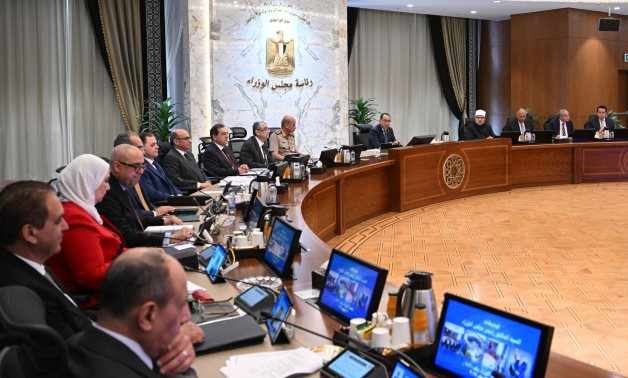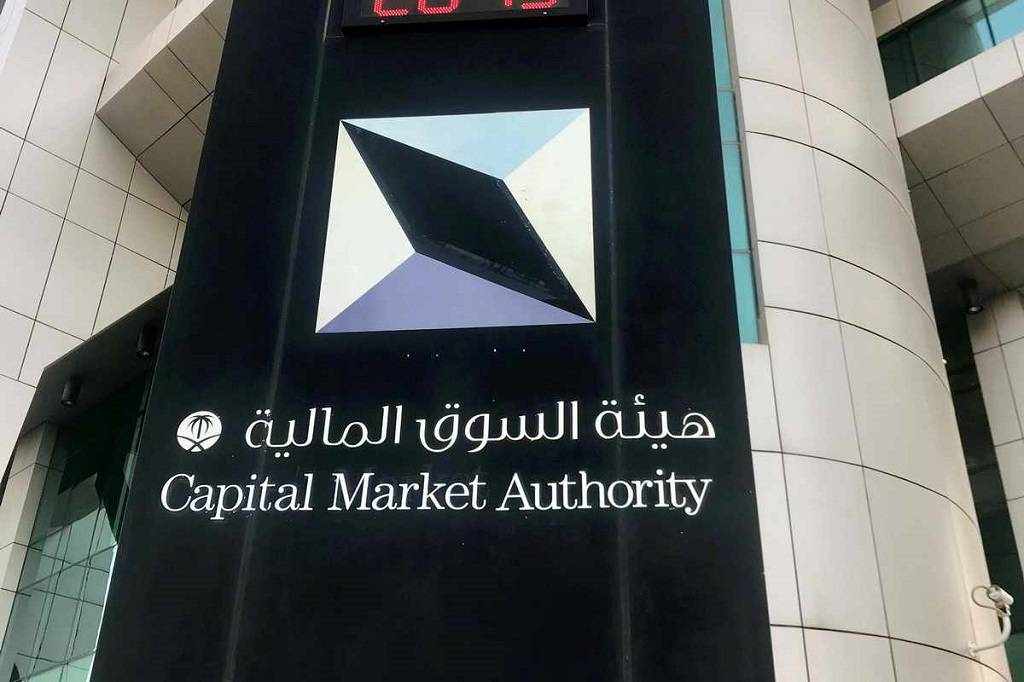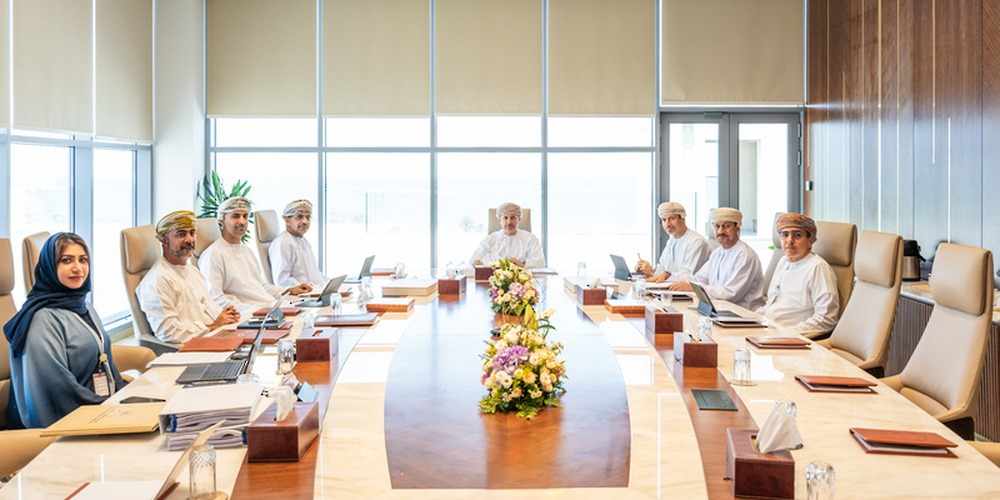Egypt Walks Into Permanent Flexible Exchange Rate
- Date: 25-Jan-2023
- Source: Zawya
- Sector:Financial Markets
- Country:Egypt
Egypt Walks Into Permanent Flexible Exchange Rate
The International Monetary Fund (IMF) has encouraged Egypt to have a permanent shift to a flexible exchange rate regime in order to help renew the country’s reserves and avoid possible imbalances, according to a staff report issued by the major organization on January 10th. This came in the context of the IMF approving a 46-months $3 billion extended arrangement for Egypt. The government has tried several times to adopt a flexible exchange rate starting its first trial in 2016. However, this time, the exchange rate regime will have a different shift.
Will the Flexible Exchange Rate be Permanent?
Egypt has already witnessed EGP flotation a number of times since November 2016, but it was not permanent. Although the country was able to have an economic recovery in fiscal year (FY) 2021/2022, it still witnessed several imbalances with the stabilized exchange rate.
A permanent shift to a flexible exchange rate means having no interference from the Central Bank of Egypt (CBE) to control flotation. Eslam Abdelhamid, a Financial Consultant, Economic Researcher, and Financial Trainer tells Arab Finance: “What I understand is that the IMF will monitor the CBE reserves that were used to make the exchange rate floating, as the CBE was managing the





















